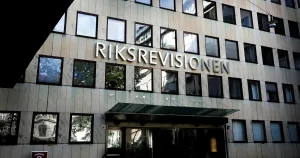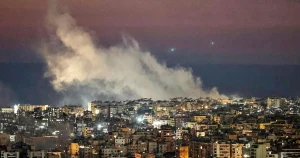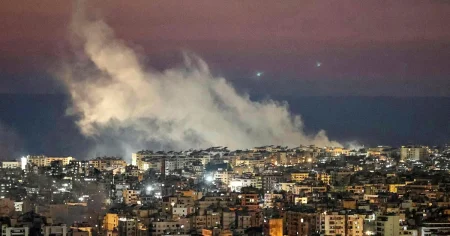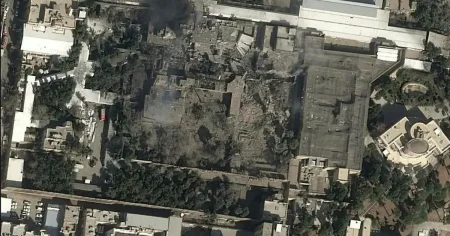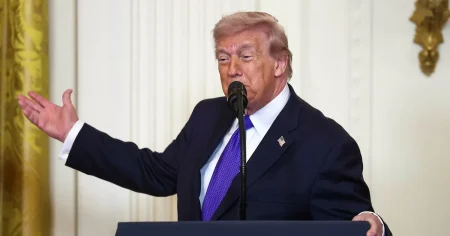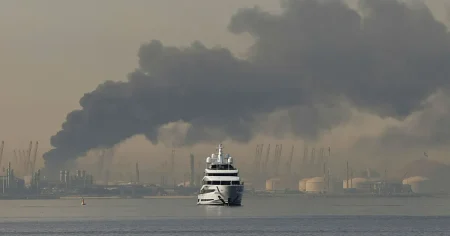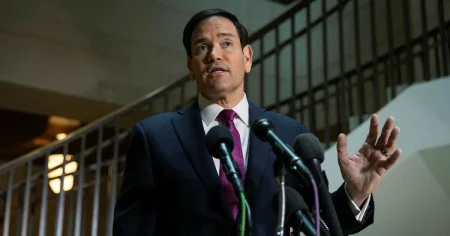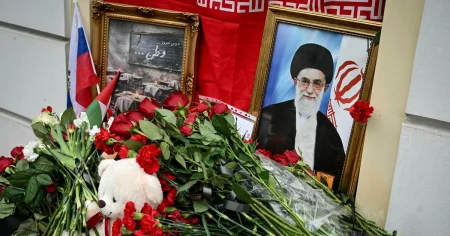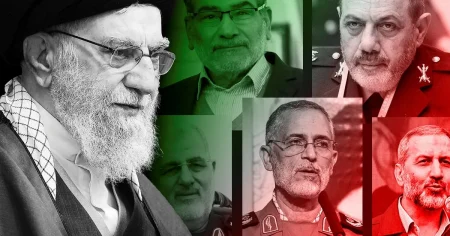The harrowing accounts of Brazilian migrants deported from the United States paint a disturbing picture of alleged abuse, threats, and degrading treatment. Upon arrival in Brazil, Jefferson Maia recounted to Folha de S. Paulo how an agent choked him and tightened his handcuffs until his arm bled. He described being chained for almost 50 hours and deprived of adequate food, emphasizing the inhumane treatment he endured. Carlos Vinicius de Jesus, another deportee, echoed these claims, alleging that agents on the deportation flight originating from Virginia physically assaulted them, threatened to crash the plane, and issued death threats if they resisted. These testimonies reveal a pattern of alleged violence and intimidation targeting the deportees.
The migrants, who had crossed the US-Mexico border illegally, only managed to raise the alarm when their flight experienced technical difficulties and made a stop in Manaus, Amazonas. Seizing the opportunity, they opened an emergency exit and cried for help from the wing of the plane, alerting airport staff who then contacted Brazilian authorities. Denilson José de Oliveira, another deportee, described the pervasive fear among the migrants, stating that they felt their lives were in danger and refused to continue on the flight. This desperate act highlights the severity of the situation and the migrants’ deep-seated fear of the US agents.
The Brazilian government reacted swiftly and strongly to these allegations. Justice Minister Ricardo Lewandowski ordered the immediate release of the 88 Brazilians from their restraints, condemning the treatment as a blatant violation of their rights. He emphasized that the use of handcuffs and chains contravened a 2018 bilateral agreement between the US and Brazil, which stipulated humane treatment for deported Brazilians. The Ministry of Foreign Affairs issued a statement expressing the government’s outrage and demanded that the Trump administration adhere to the agreement to guarantee the protection, safety, and dignity of Brazilian citizens. This firm stance signaled Brazil’s unwillingness to tolerate the alleged mistreatment of its citizens.
The incident involving the Brazilian deportees occurred amidst a broader context of escalating tensions between the US and Latin American countries over migration policies. Colombian President Gustavo Petro publicly criticized the US’s hardened stance on migration under the Trump administration, asserting that migrants should be treated with dignity and respect. His refusal to accept two military transport planes carrying deported Colombians drew a sharp rebuke from the US, including sanctions and travel restrictions targeting Colombian officials. This diplomatic standoff reflected the growing discord between the two nations over the handling of migration flows.
The escalating tensions between the US and Colombia eventually led to a temporary resolution. After imposing sanctions and threatening steep tariffs on Colombian goods, the Trump administration announced that Colombia had agreed to accept deported migrants, including those transported on military aircraft, a practice Colombia had previously opposed. While Colombia confirmed the resolution of the immediate conflict, the underlying tensions regarding the treatment of migrants and the use of military aircraft for deportations remained. This incident underscored the power imbalance in the relationship and the pressure exerted by the US on smaller nations to comply with its migration policies.
The experiences of the Brazilian and Colombian deportees illustrate the contentious and often inhumane realities of migration and deportation practices. The allegations of abuse and mistreatment highlight the vulnerability of migrants within the deportation process and the potential for human rights violations. Furthermore, the diplomatic tensions between the US, Brazil, and Colombia underscore the complex political landscape surrounding migration and the challenges of finding humane and effective solutions. The incidents serve as a stark reminder of the need for international cooperation and respect for human rights in addressing migration issues.


